Russian poultry industry takes a hit
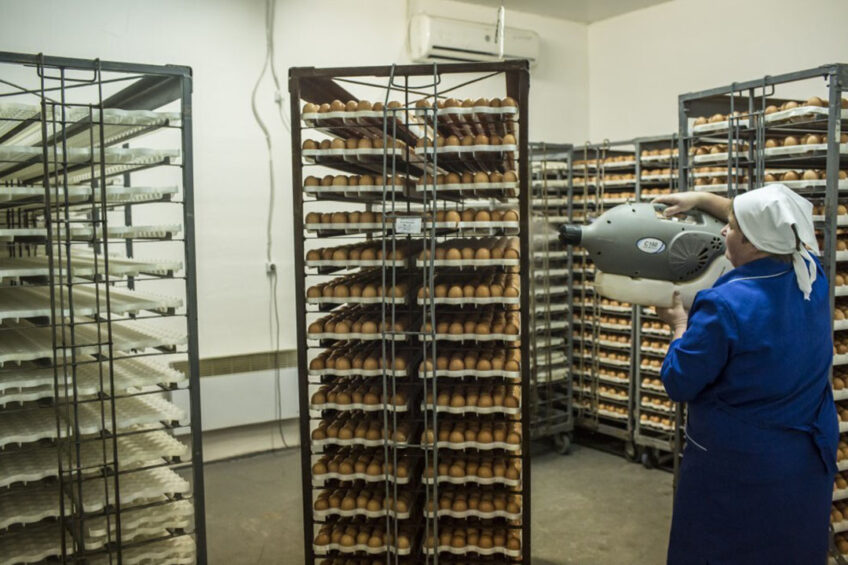
The poultry industry in Russia needs to find alternative sources of feed additives, hatching eggs, equipment, package and labels, as deliveries from Western countries are halted or disrupted. The current crisis is the biggest challenge Russian poultry farmers have faced since Soviet times.
The Russian invasion of Ukraine provoked a mass exodus of Western companies from the Russian market. At the time of writing, 500 Western brands had publicly announced a decision to pull out of the country. Unprecedented Western sanctions have hit the logistics and financial sectors, as the world’s leading sea transport companies cancelled bookings to and from Russia, with 70% of the Russian banking system subjected to restrictions. The sanctions list is not final, as the US and the European Union keep mulling over new economic blows to Russia.
Russia has spent years trying to wean itself off imported foodstuffs to fortify its economy against Western sanctions. In 2018, Russian President Vladimir Putin said that the goal had been achieved as the country has become fully self-sufficient in basic foodstuffs, including poultry and eggs. Now, the impact of sanctions imposed since Russia’s invasion of Ukraine has made it clear that things are not that simple.
Turbulent imports
“Currently, Russian poultry farmers face some problems with the supply of hatching eggs, since Russia is largely dependent on imports in this segment,” stated Lyubov Savkina, commercial director of the Russian Feedlot agency. Work is currently underway to overcome import dependence, she said. “Most work needs to be done in the turkey segment, as the shortage of hatching turkey eggs is estimated to be close to 50 million eggs per year,” Savkina said.
Russia produces 4.2 billion hatching eggs, importing roughly 300 million units, estimated Vladimir Fisinin, president of the Russian Poultry Union, adding that claims that Russian poultry farmers are sitting on imported hatching eggs are wrong. Still, in terms of breeding stock, Russian poultry farmers have turned out to be rather vulnerable. Technically, no foreign supplier declared plans to pull out of the Russian market, but logistics need to be re-directed to China, India, the UAE and Brazil, Fisinin said, noting that this would take a toll on costs.
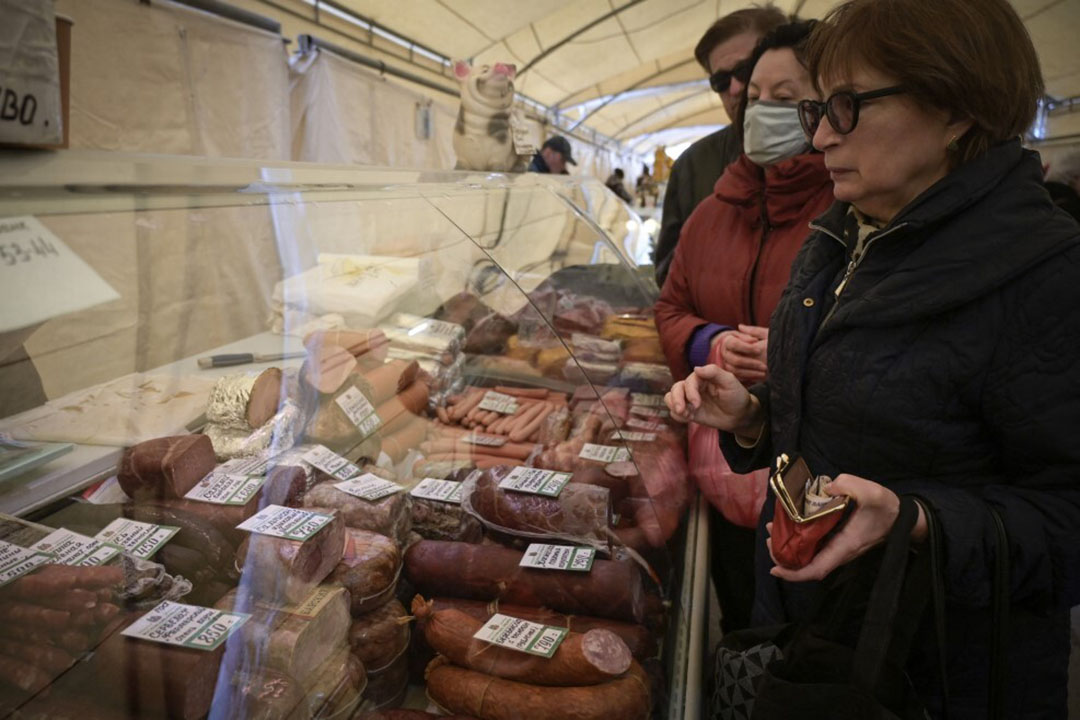
Imports of most products in the poultry industry have stopped, as the European Union, after imposing its fifth package of sanctions, ordered Russian and Belarusian trucks to leave its territory by 16 April. Under the latest package of sanctions, trucks from Russia and its ally, Belarus, have been prohibited from legally entering any EU member state. New transport restrictions promise to further narrow the number of options under which European goods can enter the Russian market.
Against this background, the Russian feed additives market also lacks stability, noted Sergey Mikhnyuk, executive director of the Russian National Feed Union. “This is because unfriendly countries are restricting the passage of cargo to Russia, including feed additives. Most batches have been halted in the trans-shipment ports of Rotterdam, Hamburg, Brugge, and so on,” Mikhnyuk said, adding that feed additives are now being supplied by train from China but the capacity and rate of supply via this route is not enough to meet current demand.
“Companies are working almost around the clock trying to adapt to the new conditions. It is no longer about the price at which to buy this or that, but about being able to purchase it, in principle,” said Sergey Yushin, executive director of the National Meat Association.
In the long run, however, Russian poultry farmers would need to overcome their dependence on imported equipment. Larisa Kuvshinova, regional manager of Facco Rus, estimated that 80% of the installed equipment on Russian poultry farms was imported. However, most of it had been installed in the last 5 or 6 years and is fairly new, and thus the level of wear and tear level is still low.
Consumption under pressure
The economic crisis is currently eroding the Russian population’s purchasing power and threatening to curb protein consumption. Since its invasion of Ukraine, it is suggested that the Russian economy will likely contract by 12% this year, as reported by the London-based consultancy, Capital Economics. Against this background, consumer spending is likely to take a hit.
Renaissance Capital analysts predict that inflation will peak at 24% this summer. This is a major headache for Russian authorities whose measures to attempt to control prices have had the opposite effect on items such as sugar. Russian government agencies have threatened companies that increase food prices too sharply with penalties. However, Russian poultry farmers are warning of a significant rise in production costs leaving them with no other option than to change prices.
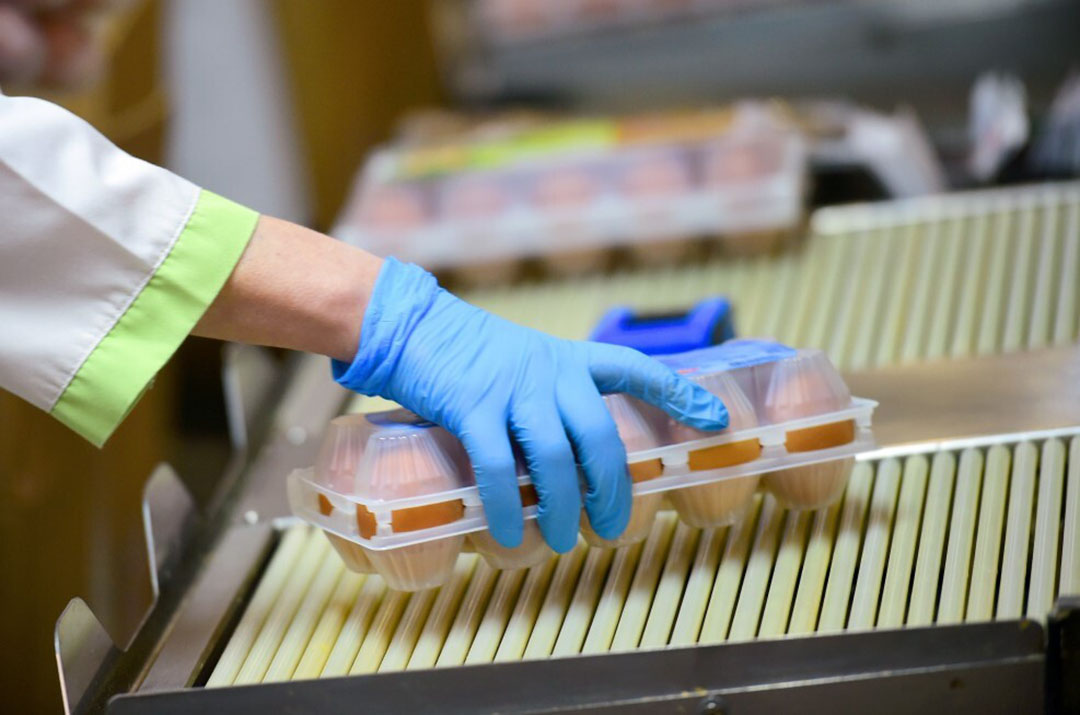
The price for poultry and eggs on the Russian market is rising, influenced by bank interest rates, the cost of spare parts, feed ingredients, containers and packaging, a spokesperson for the Tyumen-based poultry farm, Borovskaya, told the local newspaper, Kommersant.
Yuri Vunder, managing director of the Sverdlovsk-based Irbit poultry farm, added that prices were soaring as producers needed to find alternative sources of packaging and labels which, given the sanctions and the growth in the exchange rate, may not remain in Russia in the near future. “If we have defective feed or inadequate veterinary care for the livestock, this will hurt productivity and performance which will lead to an increase in costs and a jump in prices,” Yushin added.
Further to these developments, the Russian government has warned producers to curb price rises for basic foodstuffs, including poultry. A sharp increase in prices is likely to undermine Russian shoppers’ purchasing power but if the price is constrained artificially, it could make poultry farmers loss-making. “Populists shout that the rise in prices for poultry products should be limited. But every factory director who sells his products for less than the production cost is subject to criminal liability,” Fisinin warned.
Exports on relative safe ground
Since the beginning of the Ukraine crisis, Russian goods have been losing ground on foreign markets as Western groceries dumped Russian vodka, caviar and a broad range of other products. However, the boycott is not likely to hit Russian poultry exports, as Russian broiler meat primarily lands in the markets of countries deemed as friendly.
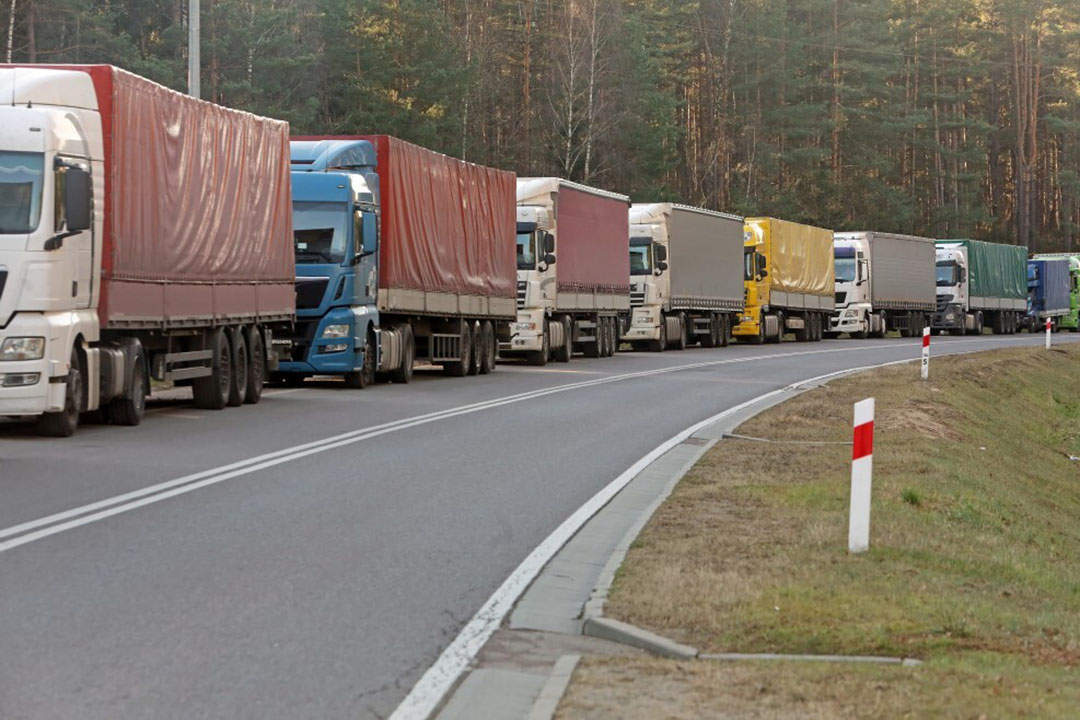
In 2021, poultry meat was exported to 50 countries worldwide, but 80% of its exports go to 5 countries: China, Saudi Arabia, Kazakhstan, the separatist regions of Ukraine and Vietnam, said Savkina. “These countries, as far as I know, did not impose sanctions on us and did not refuse to cooperate. The volume of exports, of course, may have decreased temporarily. We will know that later after the reporting of the federal customs service but there should not be a significant impact on the overall annual result,” said Savkina.
“It is likely that exports may be affected by difficulties with the transport of goods and rising prices both for the meat itself and for fuel. Because of this, the volume of Russian meat bought by consumers may be less,” Savkina added.
“Exports this year are still at a good level, although even here we constantly have to overcome new barriers – logistics, payment, long periods of checks by banks. In terms of price, Russian products remain competitive and the projected growth in production volumes – unless there is some force majeure – allows us to expect good sales volumes of meat and meat products abroad in 2022,” Yushin said.
However, it is not clear at what point the current crisis will end and what the final version of the sanctions regime imposed on Russia will look like. The sanctions imposed on the Russian economy seemed ‘unimaginable’ at the beginning of the year, so given the high political uncertainty, nothing can be ruled out now.
 Beheer
Beheer




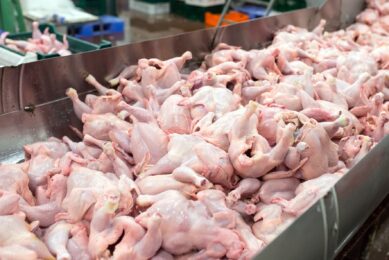
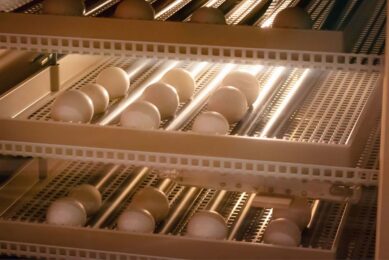





 WP Admin
WP Admin  Bewerk bericht
Bewerk bericht